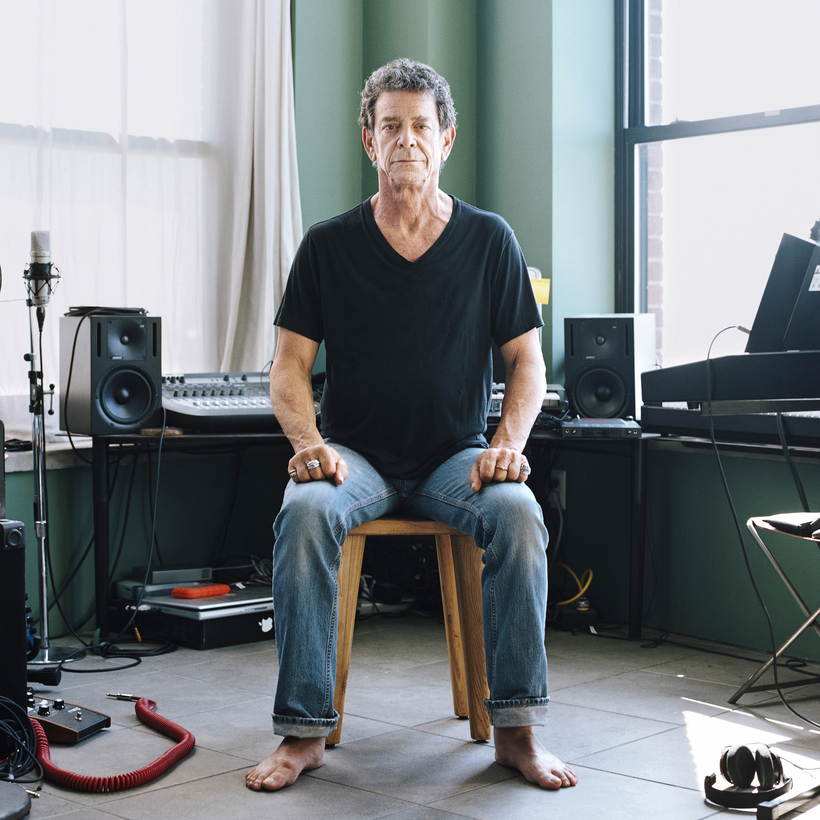Alongside being a founder member of the Velvet Underground, one of the great songwriters of the 20th century, a pioneering champion of trans culture with his 1972 masterpiece Transformer and an interviewee difficult enough to strike fear into the hearts of journalists the world over, Lou Reed was a dedicated Tai Chi practitioner. It is this aspect of the quintessential New Yorker’s checkered life that his widow, the artist and experimental musician Laurie Anderson, is shining a light on.
“Twice a year, we do events in the so-called Louniverse,” Anderson says in a book-lined room in her New York apartment in a gentle, hesitating tone. “This week we’re doing a Louniverse event with a free Tai Chi class, a weapons demonstration from [Reed’s former teacher] Master Ren, and I’ll be doing a few Tai Chi moves. Lou and I didn’t share Tai Chi sessions — it is better if couples don’t do everything together — but we both understood how it can change your life. That’s why he was such a missionary for it. He thought everybody needed it.”

